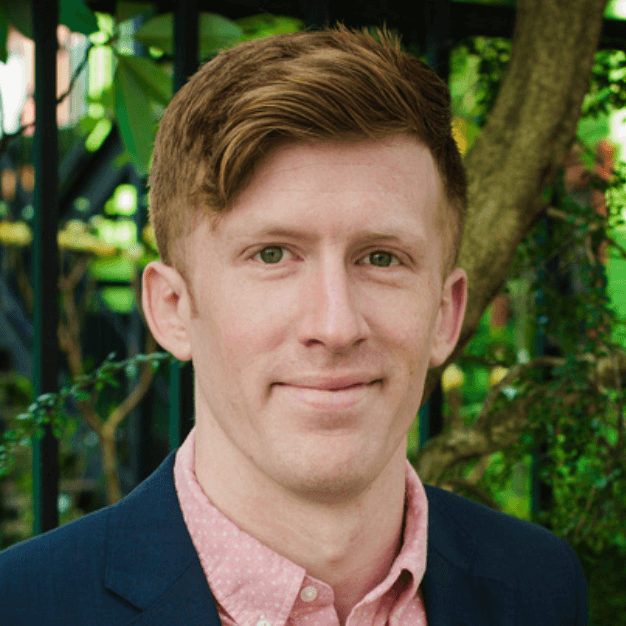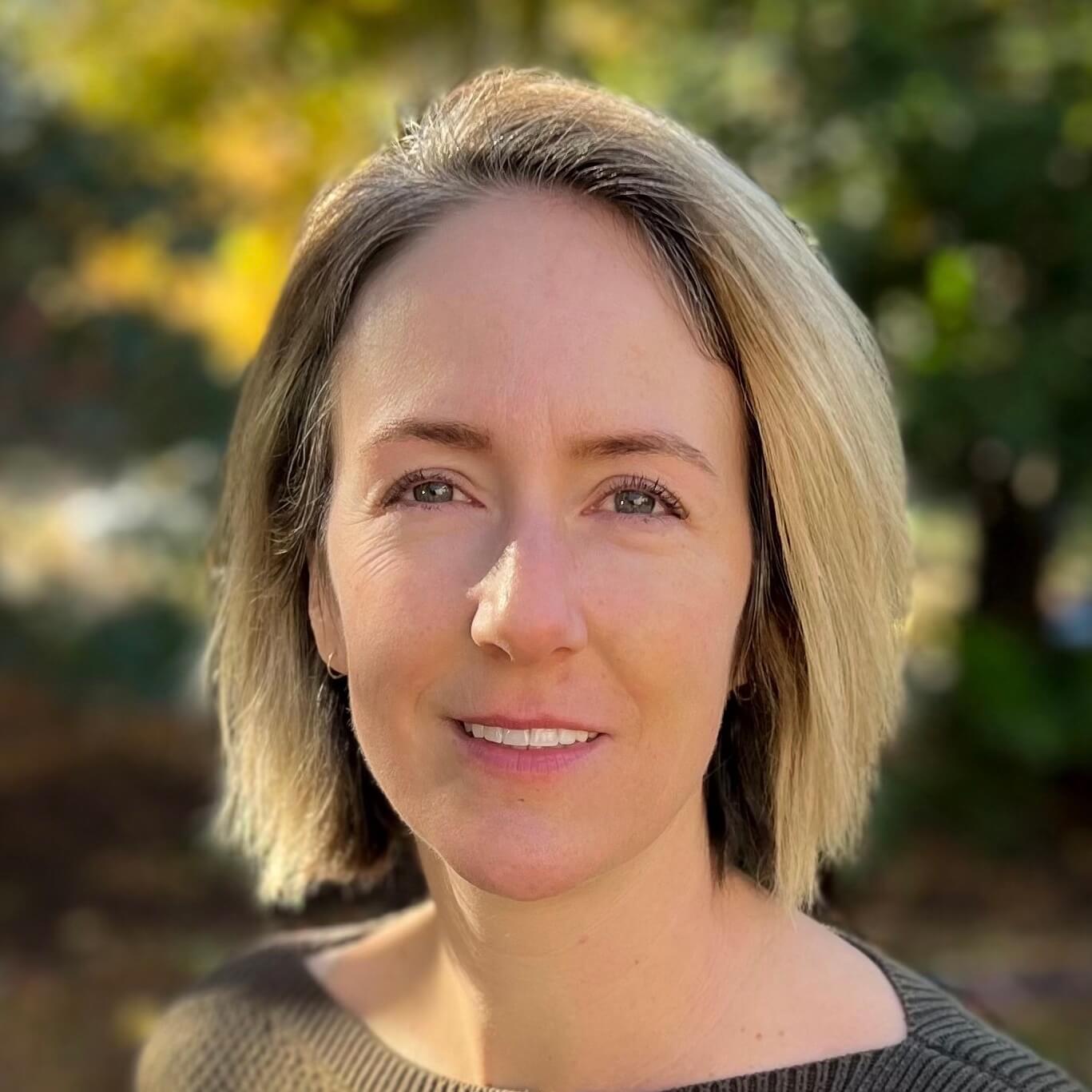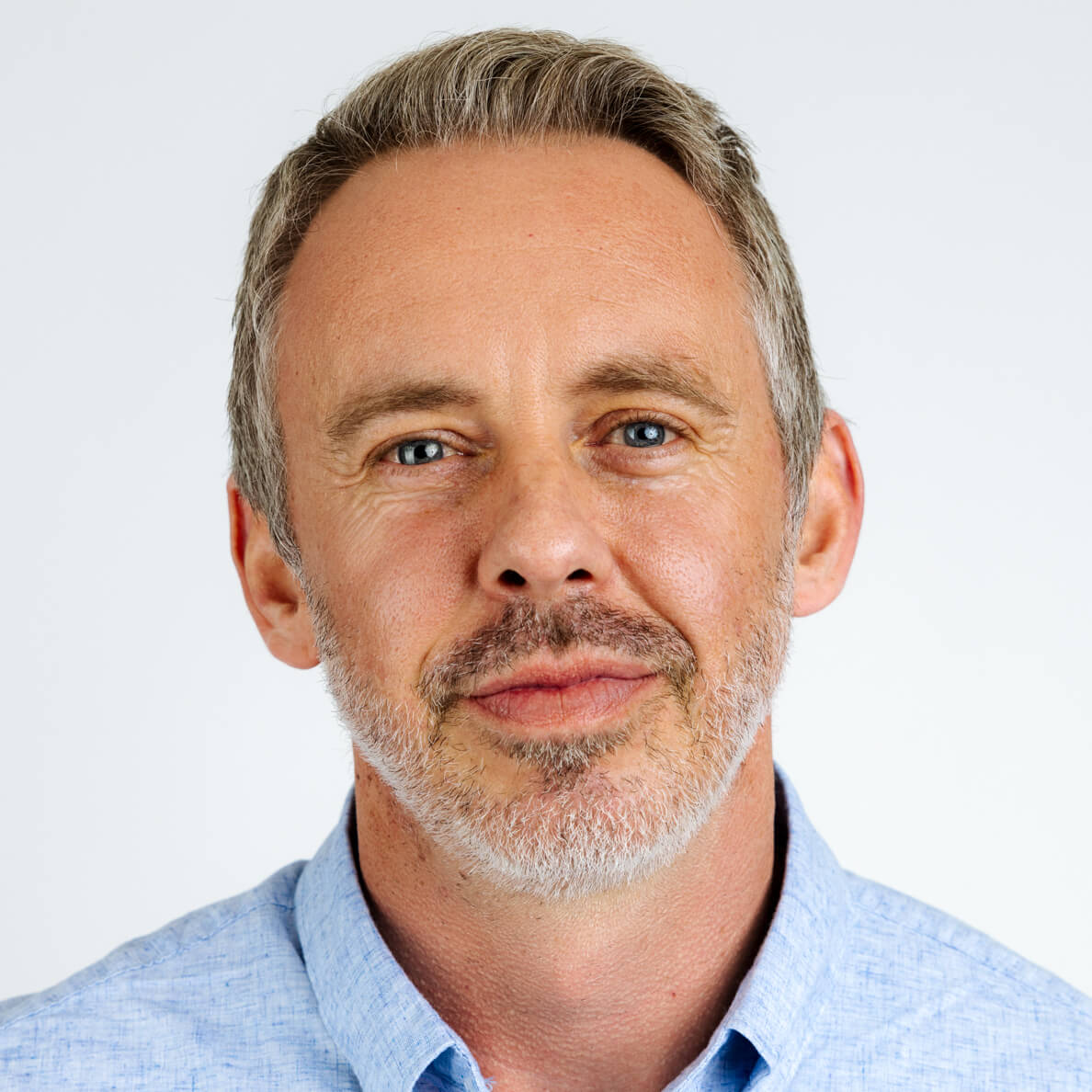Announcing Our First-Ever CME/CE Course: Managing Medical Risk in Patients Seeking Psilocybin Therapy
Interested in Taking the Course? Click here to learn more and enroll!
*Register by completing this form. You'll be emailed with a calendar invitation.
Log In To Watch the Recording
*Exclusive for members.
Thursday, April 27th at 5 pm Pacific, 8 pm Eastern >> Watch the Recording Below >>
Watch this Rare OPEN TO THE PUBLIC webinar!
Announcing Our First-Ever CME/CE Course:
Managing Medical Risk in Patients Seeking Psilocybin Therapy
Panel Moderator:

Lynn Marie Morski, MD, JD
President, Psychedelic Medicine Association; Host, Psychedelic Medicine Podcast
Panelists:

Sam Chapman
Executive Director, Healing Advocacy Fund
Sam is the Executive Director for the Healing Advocacy Fund, a 501c3 non-profit organization. Healing Advocacy Fund works to implement safe, high quality, and equitable psychedelic therapy. We educate and support leaders and communities in understanding the benefits of psychedelic therapy for mental health challenges including depression, anxiety and addiction.
Over the course of his career, Sam has been an advocate for sensible drug policy, engaging youth in democracy and economic policies that leave no one behind. He has over a decade of experience in advocating for drug policy reforms at the local, state and national level, including championing psilocybin therapy as the campaign manager for Oregon’s Measure 109, which
created the nation’s first state-regulated psilocybin therapy program.
His previous experience includes consulting for numerous statewide political campaigns, assisting local governments in writing rules and regulations after the passage of drug policy reforms, advocating for equitable access to new healthcare treatment options, and identifying opportunities within emerging industries for social and economic good.
For the last four years, Sam has been on the front lines of creating the foundation for safe, regulated and affordable access for psychedelic healing, and strives to continue to lead on drug policy reform efforts across the country.
Originally from Maryland, Sam has been a resident of Oregon for 25 years. He holds a bachelor's degree from the University of Oregon in Philosophy and Political Science.

Heidi Pendergast
Program Director, Healing Advocacy Fund
Heidi Pendergast is the Program Director for the Healing Advocacy Fund (HAF), leading the organization’s work on the implementation of psilocybin therapy in Oregon with a focus on safety, quality, and equitable access.
Prior to joining HAF, Heidi developed and managed social impact programs for over 20 years domestically and internationally with nonprofits, labor unions, and political organizations. She spent the last 13 years at the largest healthcare union in the US, SEIU, directing educational programs, leading issue-based advocacy, and driving the organization’s innovation portfolio. She is passionate about rooting program design in community engagement and maximizing social justice impact. A resident of Portland, she loves exploring Oregon’s outdoor beauty with her partner and their one-year-old at every opportunity.

Reid Robison, MD MBA
Chief Clinical Officer, Numinus; Board Member, Psychedelic Medicine Association
Dr. Reid Robison is a board-certified psychiatrist and Chief Clinical Officer at Numinus, and oversees the clinical services, including teaching and training in ketamine-assisted psychotherapy, for the company's clinics across the US and Canada. He has led over 200 clinical trials in neuropsychiatry, and previously served as coordinating investigator for the MAPS-sponsored MDMA-assisted psychotherapy study of eating disorders. He is currently principal investigator for a number of psychedelic medicine studies with psilocybin, LSD and DMT. As an early adopter and researcher of ketamine in psychiatry, Dr. Robison got his first grant to study ketamine in 2011, and around that time also led a pivotal IV ketamine study for treatment-resistant depression by Janssen. To date, Dr. Robison has guided thousands of ketamine therapy journeys and Spravato dosing sessions, and has worked in ayahuasca retreat settings abroad. Dr. Robison is also an adjunct professor at both the University of Utah and Brigham Young University.
As you most likely have heard, Oregon residents voted in 2020 to legalize a regulated psilocybin therapy program in their state, and that program is going live this year. The first class of facilitators trained specifically to facilitate in licensed Oregon centers just graduated, and with facilities, growers, and facilitators all being licensed now or in the near future, Oregon is looking to be up and running (and facilitating psilocybin sessions) very soon.
Imagine you are (or perhaps you actually are) a primary care provider in Oregon, and a medically complex patient arrives in your office asking if it is safe for them to undergo psilocybin therapy.
Would you know how to respond?
As most of us weren’t taught anything about psilocybin in our training, and due to the paucity of research on how psilocybin affects our physiology, most of us would feel likely feel poorly equipped to help this patient.
Now before you think that this only applies to Oregon, Colorado has recently passed a similar measure that will allow facilitated psilocybin therapy in the coming years, and measures like these are starting to appear in legislatures and on ballots across the country, so wherever you live may see similar changes in the not-too-distant future.
So, to educate primary care clinicians in Oregon and beyond, the Psychedelic Medicine Association has created its first CME/CE-accredited course: Managing Medical Risk in Patients Seeking Psilocybin Therapy.
And this month we gathered some of the experts behind the course to tell you both about how exactly the Oregon psilocybin program will work, and some of the medical considerations that you’ll learn about in the course.
They’ll helped elucidate:
- Who can access psilocybin in Oregon
- What kind of training the facilitators will undergo and what the facilities may be like
- What types of indications psilocybin may be helpful for
- Some of the considerations in managing medical risk for patients seeking psilocybin therapy
…and much more!
You can find the Psychedelic Medicine Association on Twitter, LinkedIn, and on Facebook.
